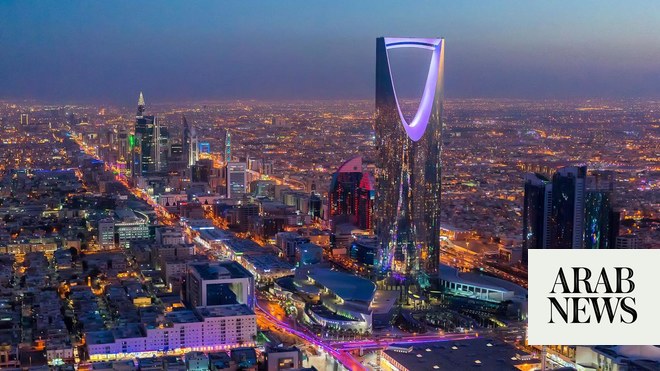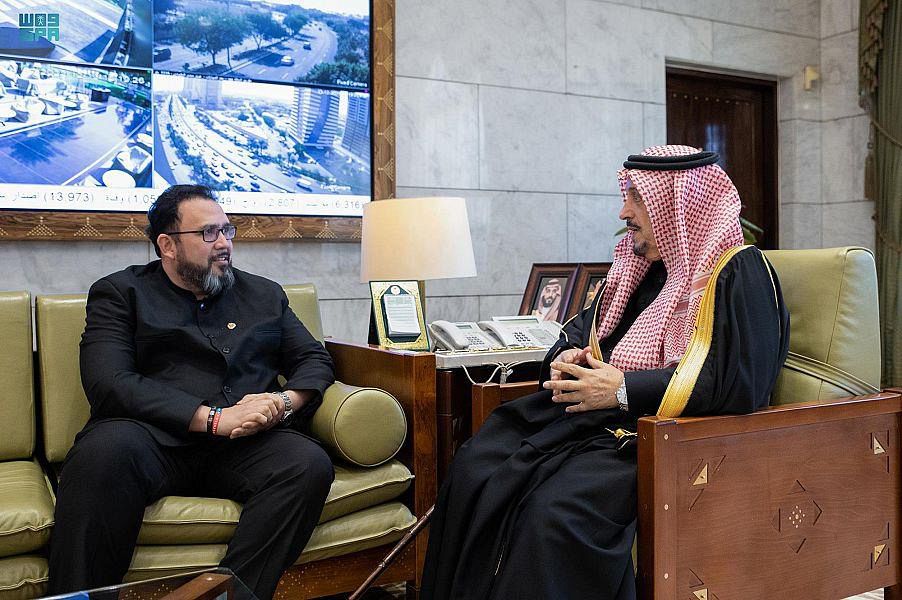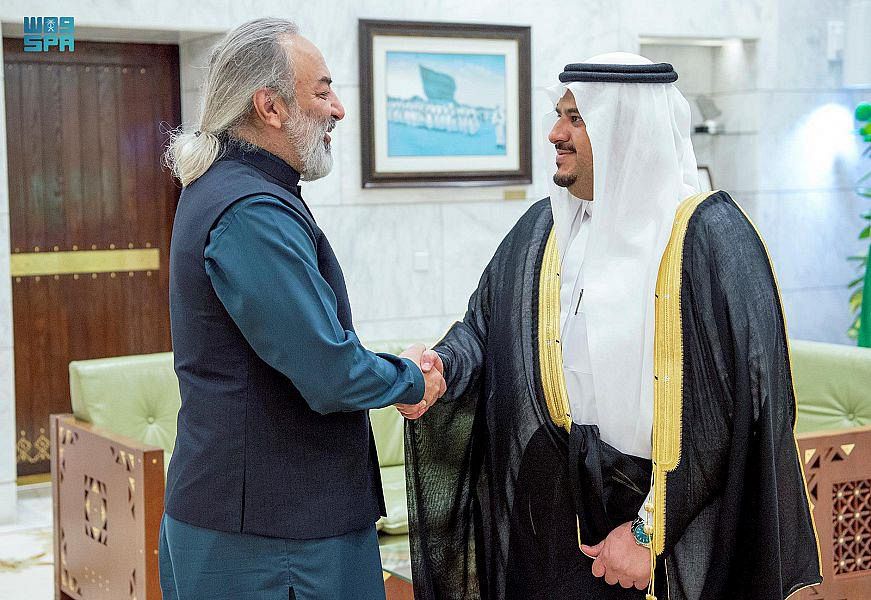
Saudi Arabia is investing heavily to shift its economy away from total dependency on oil to a more diversified economy. Adopting and deploying advanced technologies and high-tech innovation in all sectors supports this shift.
To achieve this goal, the Kingdom is developing a strong digital infrastructure to accelerate the digital transformation. This powerful infrastructure has helped the country to avoid any disruption in businesses and services provided by the government during the COVID-19 crisis.
The Kingdom has been ranked second among G20 countries in the Digital Competitiveness Report 2021 issued by the European Center for Digital Competitiveness.
To facilitate digital payments in the Kingdom, the Saudi Central Bank and Saudi Payments have also developed and introduced several projects that aim to achieve the Kingdom’s Vision 2030 of a cashless society and to promote innovation in the financial sector.
A digitally transformed economy and financial system is one of the key pillars and goals of the National Transformation Program and the Financial Sector Development Program of the Vision 2030’s 13 executive programs and the Vision Realization Programs.
Saudi Arabia is investing heavily to shift its economy away from total dependency on oil to a more diversified economy. Adopting and deploying advanced technologies and high-tech innovation in all sectors supports this shift.
Talat Zaki Hafiz
Last month, the Kingdom launched the largest package of qualitative and quantitative technological initiatives and programs in the Middle East and North Africa region. The cost of the package is nearly SR4 billion ($1.1 billion), considered the biggest technological launch of its kind in the MENA region.
The package includes three major initiatives (Tuwaiq, Hemmah and Qemmah), aiming to raise the digital capabilities of Saudi youth (men and women) in programming. It also seeks to enhance the trust between technological companies and funding agencies and to encourage innovation and creativity through central gatherings and platforms.
It is expected that these initiatives, with the cooperation of 10 of the world’s key technology giants — such as IBM, Microsoft, Google, Amazon and Oracle — will enhance the digital capabilities of one programmer out of every 100 Saudi nationals by 2030. Additionally, it is expected to encourage innovation and creativity and achieving global leadership.
Saudi Arabia is very ambitious to become a digital society, not only on the financial front but in other areas of life. This is evidenced by the announcement by Abdullah Al-Swaha, minister of communications and IT, that Saudi Arabia has started to manufacture smart chips that can be used for commercial, civil and military applications. Such a remarkable achievement gives Saudi nationals great hope that the Kingdom will be able to achieve the Vision 2030 goals of being a high-tech society.
With more initiatives such as Tuwaiq, Hemmah and Qemmah initiatives we will also be able to develop the required capabilities. With its continuing efforts, the Kingdom has a very strong chance of becoming the Silicon Valley of the MENA region.
• Talat Zaki Hafiz is an economist and financial analyst. Twitter: @TalatHafiz
Disclaimer: Views expressed by writers in this section are their own and do not necessarily reflect Arab News" point-of-view










